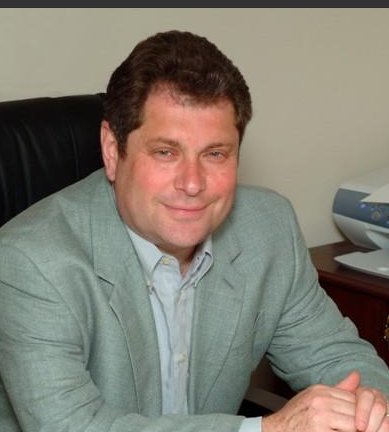Brooklyn pol wants to do away with the Electoral College
Brook-Krasny says presidents should be elected by popular vote

After George W. Bush defeated Al Gore in the 2000 presidential election, despite the fact that Gore had won the popular vote, there was a great deal of chatter across the country about getting rid of the Electoral College.
Bush won the Electoral College that year and between that and a U.S. Supreme Court decision that went in his favor, he was elected president.
And in the wake of that 2000 election, there was a grassroots movement seeking to get rid of the Electoral College system of electing U.S. presidents and replace it with a system of electing presidents strictly by popular vote.

Coney Island
View MoreIn just a little over an hour, you can be transported from the glitz and glamor of Manhattan to the old-school amusement of Brooklyn's storied Coney Island. The destination offers thrills, sun, surf and a unique brand of entertainment that will feel worlds away from the rest of the City.